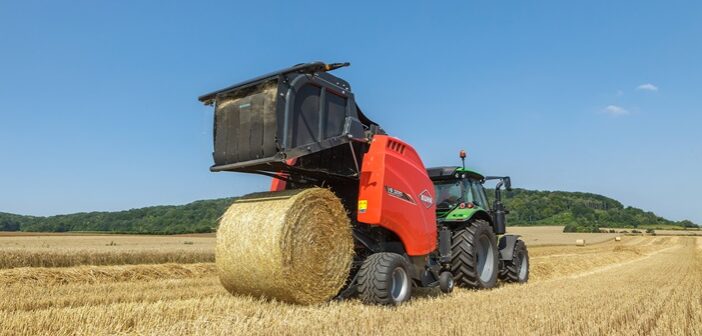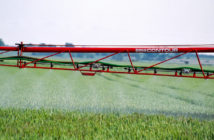Growers who have taken advantage of strong straw prices, need to check soils for nutrient shortages.
Some straw prices nearly reached £100/tonne in July, according to the British Hay and Straw Merchants’ Association, and there has been a strong demand from Ireland for straw as well. The combination of good conditions throughout harvest in the south and midlands and strong prices has led to many to bale rather than chop straw, this has led to concerns over potential nutrient deficiencies and the need to replace them ahead of autumn drilling.
Toby Ward at Origin Fertilisers says growers will be wary of later drilling this season and getting crops off to a strong start is paramount. “Reduced cropping areas and short straw heights have both contributed to the straw shortage this year. The additional income will have been welcome, but the nutrients removed by baling, reduced soil organic matter, and any potential compaction, will need to be addressed before drilling. This is likely to be earlier than in some years to ensure crops are well established before the winter and avoid a repeat of last year’s drilling campaign.”
Major nutrients such as phosphate and potash are essential to early plant development and protein formation, and incorporating straw maintains these nutrients and avoids a potential shortage for the following crop. Phosphate is vital for crop establishment and plants need a reliable and available source of it to promote root development. Avoiding phosphate lock up is also essential to maintain plant availability and using a protected source, such as Origin Enhanced Phosphate (OEP), gives immediate and sustained supply.
“Growers that have baled straw should be considering applications around drilling to ensure levels are replenished and crops get off to the best start. Soil sampling will highlight any deficiencies, and balanced nutrition plans can be drawn up to account for any nutrients lost through baling. OEP applied at drilling will improve depleted levels and allow crops access to this essential nutrient to support establishment,” concludes Toby.




